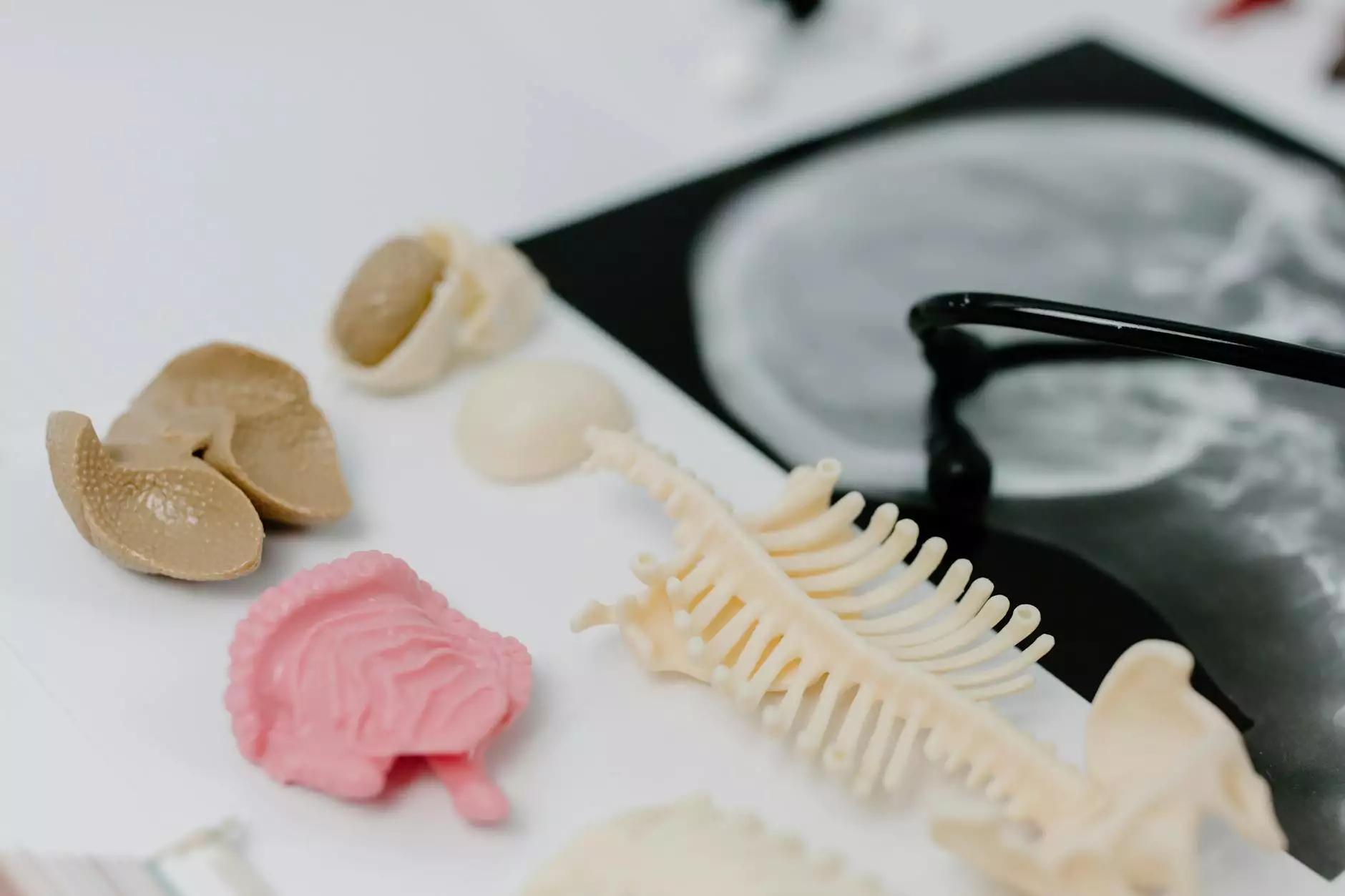Understanding Injection Molded Plastics: Applications, Benefits, and Advancements

In today’s fast-paced industrial landscape, injection molded plastics have revolutionized the way various products are manufactured. From automotive components to consumer products, injection molding offers unparalleled precision, efficiency, and versatility. This article delves into the intricacies of injection molded plastics, highlighting their applications, advantages, and innovations within the industry.
What Are Injection Molded Plastics?
Injection molded plastics are thermoplastic materials that are heated until they become molten and then injected into a mold to form a specific shape. This manufacturing process is extremely efficient, allowing for the production of high volumes of complex and intricate designs with remarkable consistency. Key features of injection molded plastics include:
- Precision: Exacting tolerances can be maintained, making it suitable for high-tech applications.
- Repeatability: Each part made will be identical, ensuring quality control and reliability.
- Material Variety: A wide range of plastic materials can be used, including ABS, polycarbonate, and polypropylene.
The Injection Molding Process Explained
The process of injection molding can be broken down into a series of well-defined steps:
- Material Preparation: The raw plastic material is fed into a hopper and then heated in a barrel.
- Injection: The molten plastic is injected into the mold cavity under high pressure.
- Cooling: The material cools and solidifies, taking the shape of the mold.
- Ejection: Once cooled, the part is ejected from the mold and inspected for quality.
This method is not only efficient but also minimizes waste, making it an environmentally appealing choice in manufacturing.
Applications of Injection Molded Plastics
Injection molded plastics find applications across numerous industries due to their adaptability and economic benefits. Below are some of the most common sectors:
1. Automotive Industry
In the automotive sector, injection molded plastics are used extensively for components such as:
- Dashboards
- Bumpers
- Door panels
- Light housings
The lightweight nature of plastics contributes to fuel efficiency while maintaining safety and performance standards.
2. Consumer Electronics
From mobile phones to laptops, consumer electronics rely heavily on injection molded plastics for:
- Enclosures
- Keypads
- Internal components
These materials can be molded into intricate designs while providing durability and aesthetic appeal.
3. Medical Devices
In the healthcare industry, precision is paramount. Injection molded plastics are utilized in:
- Disposable syringes
- Medical trays
- Instrument housings
These components often require strict compliance with hygiene and safety regulations.
4. Food Packaging
Plastic packaging is increasingly popular due to its lightweight and customizable nature. Injection molded plastics play a role in:
- Containers
- Bottles
- Seals and closures
Such products are essential in maintaining food safety and extending shelf life.
Benefits of Injection Molded Plastics
The advantages of utilizing injection molded plastics in manufacturing processes include:
1. Cost-Effectiveness
Injection molding is highly economical, especially for large production runs. The cost per unit decreases as more units are produced, making it a preferred method for manufacturers aiming to scale their operations.
2. Design Flexibility
With the ability to create complex shapes and detailed features, designers can explore innovative solutions without incurring excessive costs or delays.
3. Strength and Durability
When properly designed, injection molded parts can exhibit excellent strength-to-weight ratios, making them suitable for demanding applications. Plastics can also be engineered to resist impacts and chemicals.
4. Reduction of Waste
The injection molding process generates minimal waste compared to other traditional manufacturing methods, contributing to sustainable practices in production.
Innovations in Injection Molded Plastics
The field of injection molded plastics continues to evolve with advancements in technology. Emerging trends include:
1. Sustainable Materials
With growing environmental concerns, there is an increasing focus on using biodegradable and recycled materials, leading to more sustainable production practices.
2. Smart Plastics
Integrating smart technology into plastics allows for features such as temperature sensing, which can enhance product functionality.
3. Advanced Mold Design
Improvements in mold design, such as conformal cooling channels, allow for faster cooling and reduced cycle times, enhancing overall efficiency.
Choosing the Right Manufacturer
When considering injection molded plastics for your business needs, selecting the right manufacturer is crucial. Trustworthy manufacturers like DeepMould.net offer expert guidance and comprehensive services, ensuring that all design specifications are met. Here are some key factors to consider:
- Experience: Look for a manufacturer with extensive experience in the industry.
- Technology: Ensure they use the latest technology and processes for production.
- Customer Support: A good manufacturer should provide excellent customer service and support throughout the project.
- Quality Assurance: Check for quality control processes in place to maintain high standards.
Conclusion
Injection molded plastics play an indispensable role in modern manufacturing, offering businesses a multitude of benefits from cost savings to design flexibility. As industries continue to evolve and demand innovative solutions, injection molded plastics will undoubtedly remain at the forefront of manufacturing technologies. Companies like DeepMould.net are paving the way, ensuring that quality and excellence define the future of injection molded products.
As we witness the expanding applications and benefits of injection molded plastics, it is clear that this technology will continue to shape the market for years to come. By leveraging their capabilities, businesses can gain a competitive edge, enhance product quality, and meet the ever-changing demands of consumers worldwide.









